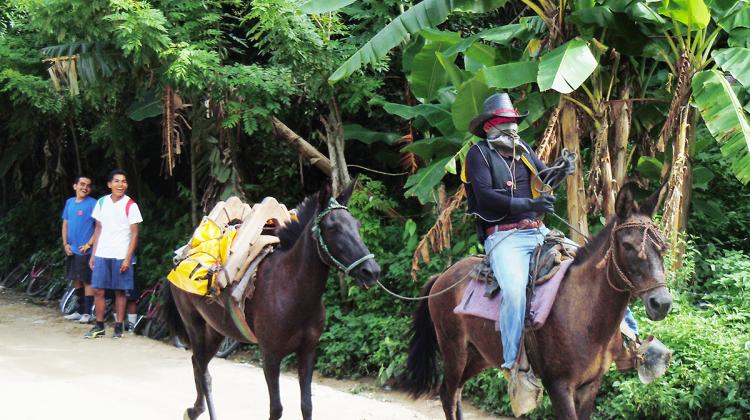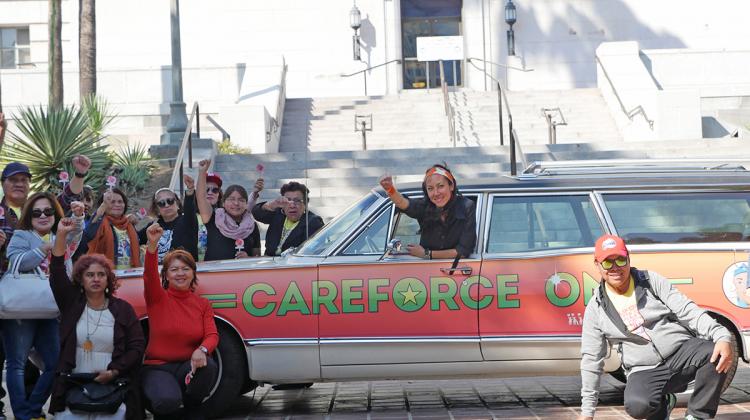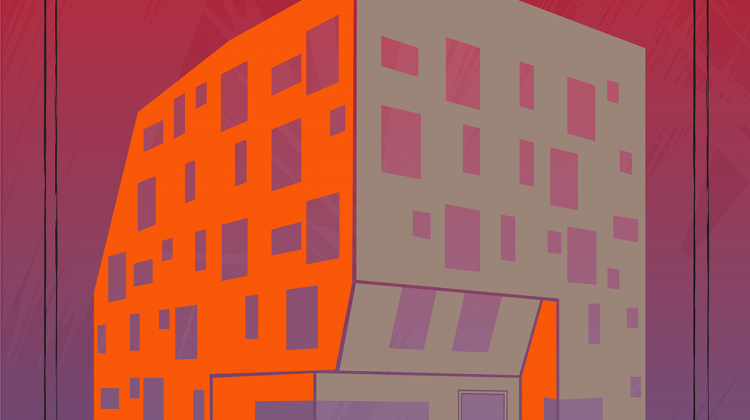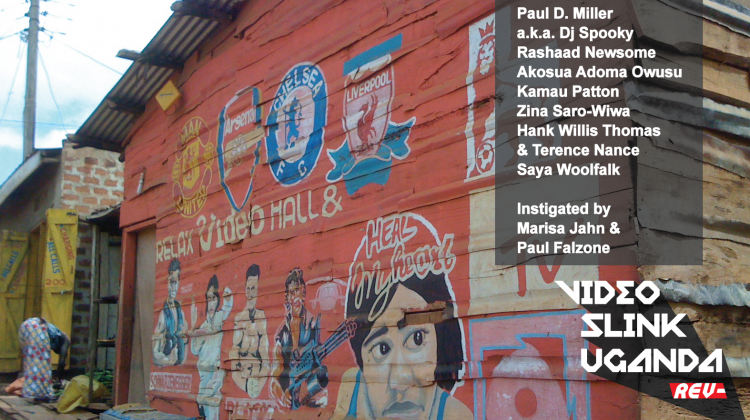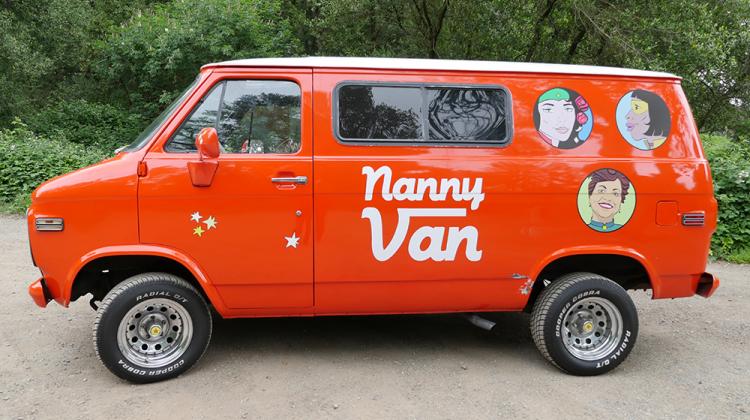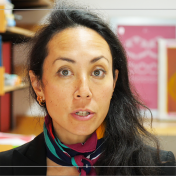Marisa Morán Jahn
An artist, filmmaker, and transmedia producer of Ecuadorian and Chinese descent, Marisa Morán Jahn’s works redistribute power, “exemplifying the possibilities of art as social practice” (ArtForum). Characterizing her playful approach, MIT CAST writes, ‘[Jahn] introduces a trickster-like humor into public spaces and discourses, and yet it is a humor edged with political potency.” Codesigned with youth, new immigrants, and working families, Jahn’s public artwork, civic media tools, installations, films, architectural and urban-scale collaborations have engaged millions both on the street and through strategic partners such as The New York City Mayor’s Office of Immigrant Affairs, The American Museum of Natural History, Brooklyn and Seattle Public Library systems, PBS Newshour, National Domestic Workers Alliance, and Street Vendor Project of the Urban Justice Center. Her work has been presented at venues such as the United Nations, Tribeca Film Festival, Obama’s White House, Museum of Modern Art, and Venice Biennale of Architecture. Her work has received international media coverage in outlets including The New York Times, CNN, the BBC, Univision Global, Hyperallergic, Art in America, Architectural Review, Wall Street Journal, Los Angeles Times, PBS, and hundreds more.
She has received grants and awards from Sundance, Tribeca Film Institute, Creative Capital, National Endowment for the Arts, Anonymous Was A Woman, and more.
She has taught at Columbia University, Massachusetts Institute of Technology (her alma mater), and Parsons/The New School where she is the Director of Integrated Design. She is currently an Artist in Residence at the Brooklyn Public Library, a Fellow at the MIT Leventhal Center for Advanced Urbanism, and Sundance Institute.
marisajahn.com | Instagram | Twitter
Over a decade later, Marisa has teamed up with award-winning filmmaker Benjamin Murray to create a Sundance-supported documentary film about Bibliobandido. Equal parts magic and journalism, this hallucinogenic documentary transports viewers into a space of wonder as youth, equipped with the power of imagination, triumph over their beloved, story-hungry villain.
About the film: A humorous and touching road tale, the "CareForce One Travelogues" features Marisa, her son Choco, and their buddy Anjum Asharia as they travel from their homes in NYC to Miami in a fifty-year old station wagon, the CareForce One. Meeting up with nannies, housekeepers, caregivers, and allies along the way, this series explores how care intersects with some of today's most pressing issues — immigration, the legacies of slavery, racial discrimination, and more.



